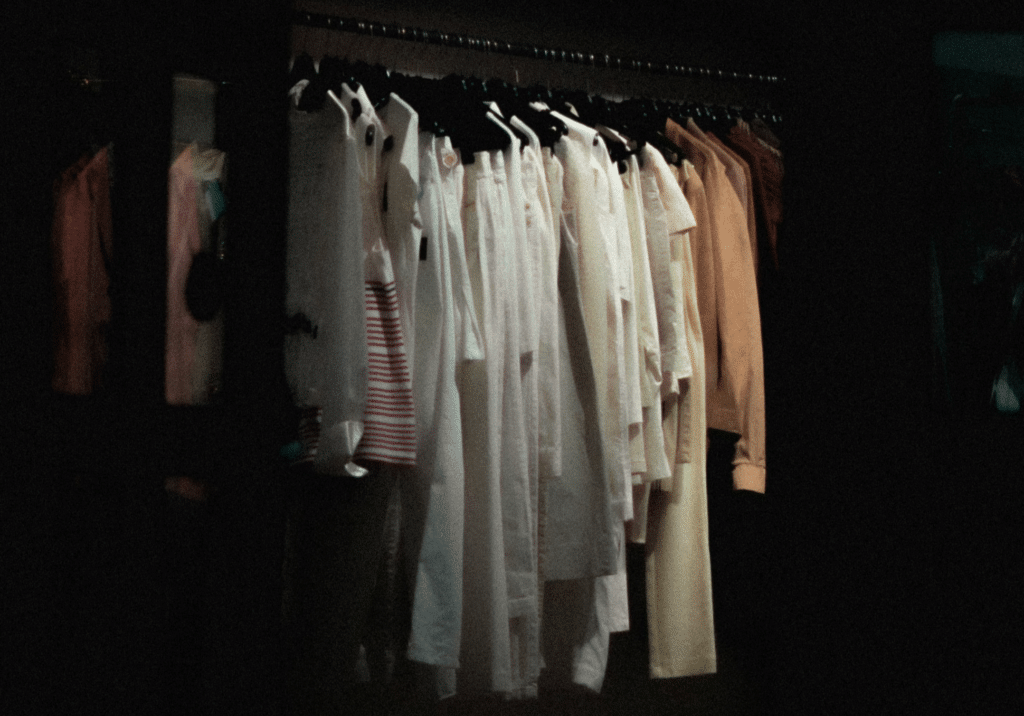The COVID-19 virus is officially has reached pandemic heights, sending stock markets across the globe into a flurry of volatility, and prompting government action in the form of strict travel restrictions, border closures, and stimulus packages. Some industries are struggling with a lack of supply (and in certain cases, a surge in demand), while others are being forced to close up shop, and send workers home for the foreseeable future, many without any benefits for their time off the clock.
Despite the significant and growing plight of employees in the U.S. and other Western nations in light of the severity of the coronavirus, some of the most vulnerable individuals from an economic perspective are those we cannot see, according to Martijn Boersma, a senior lecturer at the University of Technology in Sydney, and Justine Nolan a professor of law at UNSW Sydney. The academics point to the 20,000 garment workers in Cambodia, who are currently facing job losses from factory closures because of shortages of raw materials from China and reduced orders from buyers in virus-affected locations, including the United States and Europe.
Meanwhile, “Thousands have already lost their jobs in Myanmar,” they state, and “garment workers in Sri Lanka and Bangladesh are similarly uncertain” about the future of their employment. This indeterminate reality is shared by “factory workers in Bangladesh could go hungry as global fashion brands have canceled or delayed orders worth $138 million due to coronavirus,” Reuters reported on Thursday.
According to the publication, “More than 100 Bangladeshi factories have already lost orders, manufacturers said, as retail sales plummeted globally and giants like Zara owner Inditex and H&M temporarily closed stores in Europe – the current epicenter of the flu-like virus,” with U.S. operations expected to follow, as cities like New York and Los Angeles observe mandates of “social distancing” to help slow the spread of the novel virus.
Bangladesh, which is the second largest exporter of garments in the world after China, “is heavily-reliant on top fashion brands, employing more than 4 million people, mostly women, and accounts for more than 80 percent of its exports.” This is why Rubana Huq, president of the Bangladesh Garment Manufacturers and Exporters Association, a Dhaka-based trade group with more than 4,000 garment manufacturer members, is urging brands “to continue taking our orders until June, and to support us in any form so that the workers don’t go hungry.”
“These workers live hand-to-mouth and they are panicked because they have heard that orders are being canceled,” Kalpona Akter, founder of the Bangladesh Centre for Worker Solidarity, told Reuters.
With so many jobs on the line, Boersma and Nolan say they fear that working conditions risk quickly deteriorating at the hands of unscrupulous employers, particularly as worker desperation rises. “This can result in modern slavery, including situations of forced labor,” they state, noting the already-precarious conditions that are regularly created when “purchasing practices [by large apparel companies] put extreme pressure on suppliers [by way of] extremely tight production windows, short-term contracts, last-minute or short-term orders and severe payment terms.”
“A global economic crisis,” such as the continued spread of COVID-19 and the severe economic implications that with it, “might make these conditions worse,” the academics assert. As such, “it is vital that companies engage and collaborate with others, including suppliers, workers and the public in order to understand how best to address these risks,” and that Western giants – whether it be Apple and Amazon or Zara and H&M – “drill down beyond their direct suppliers” and to the extent possible, “consider not only risks to their [immediate] businesses, but also the risks their businesses pose to others, including their indirect employees.”











